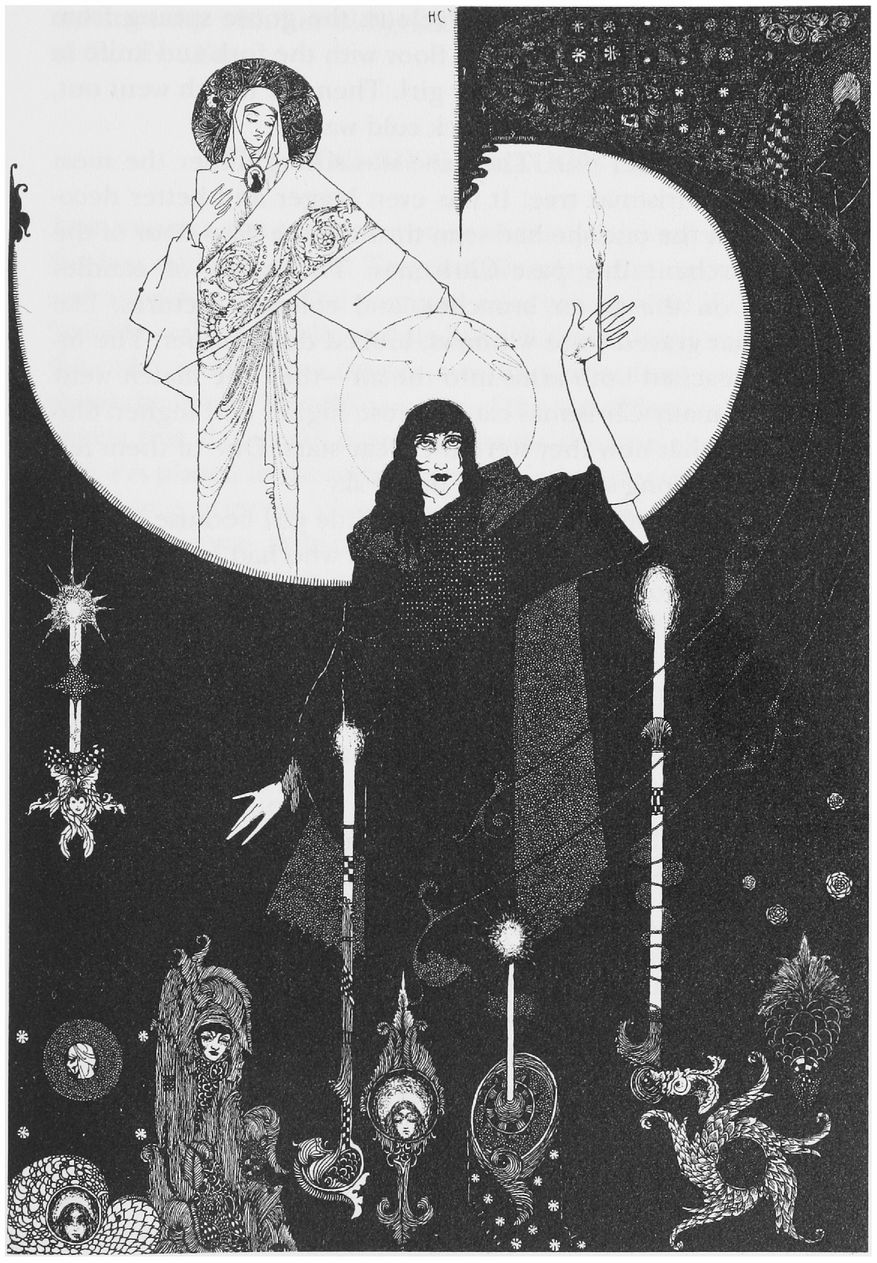THE LITTLE MATCH GIRL
IT WAS SO AWFULLY cold. It was snowing, and it was
beginning to get dark. And it was New Year’s Eve, the last evening
of the year. In this cold and darkness a poor little girl came
walking down the street. She was both barefoot and bareheaded. She
had been wearing slippers when she left home, but it hadn’t helped.
They were very big slippers, used last by her mother. They were so
big that the little girl lost them when she hurried across the
street as two coaches rushed swiftly by. She couldn’t find the one
slipper, and a boy ran off with the other. He said that he could
use it for a cradle when he had children of his own.
The little girl walked along on her naked little
feet that were red and blue from cold. In an old apron she had a
bundle of matches, and she was carrying a bunch in her hand. No one
had bought any the whole day, and no one had given her so much as a
shilling. She walked, hungry and frozen, and looked so dejected,
poor little thing! Flakes of snow fell on her long yellow hair that
curled so lovely around her neck, but she wasn’t thinking about her
appearance. Lights shone out from all the windows, and there was
such a lovely smell of roasted goose in the street. It was New
Year’s Eve, after all, and that’s what she was thinking
about.
In a corner between two houses, one stuck out into
the street a little further than the other, she sat down and
huddled up. She had drawn her little legs up under herself, but she
was still freezing more and more, and she didn’t dare go home since
she hadn’t sold any matches, hadn’t earned a single shilling. Her
father would hit her, and it was also cold at home. They had only a
roof over their heads, and the wind blew through, even though the
biggest cracks were stuffed with straw and rags. Her small hands
were almost dead with cold. Oh, a little match could do a lot of
good! If she only dared pull one from the bundle, strike it against
the wall, and warm her fingers. She pulled one out, “ritsch!” How
it sparked! How it burned! It was a warm, clear flame, like a
little candle when she held her hand around it. But it was a
strange light! It seemed to the little girl that she sat in front
of a big iron stove with shiny brass knobs and brass fixtures. The
fire burned so blessedly, warmed so well. But what’s this? The
little one had already stretched her feet out to warm them too when
the flame went out. The stove disappeared. She sat with a little
stump of burned out match in her hand.
Another one was struck, it burned and sparkled, and
where the light fell on the wall, the wall became transparent like
a veil. She could look right into the living room where the table
was set with a glossy white tablecloth, fine porcelain, and a
splendid steaming roast goose, filled with prunes and apples! And
what was even more marvelous: the goose sprang from the platter,
waddled across the floor with the fork and knife in its back, right
over to the poor girl. Then the match went out, and she could only
see the thick cold wall.
It shone all around, and her old grandmother
appeared in the glow.

She lit another one. Then she was sitting under the
most beautiful Christmas tree. It was even bigger and better
decorated than the one she had seen through the glass door of the
rich merchant this past Christmas. Thousands of candles burned on
the green branches, and colorful pictures, like those that graced
store windows, looked down at her. The little girl reached both
arms into the air—then the match went out. The many Christmas
candles rose higher and higher. She could see that now they were
the clear stars. One of them fell and made a long streak of fire in
the sky.
“Now someone is dying!” said the little girl
because her old grandmother, who was the only person who had been
good to her but was now dead, had told her that whenever a star
falls, a soul rises to God.
She struck another match against the brick wall. It
shone all around, and her old grandmother appeared in the glow, so
clear, shining, so gentle and kind.
“Grandma!” shouted the little one. “Oh, take me
with you! I know you’ll be gone when the match goes out. Gone like
the warm stove, the lovely roast goose, and the great splendid
Christmas tree.” And quickly she struck the whole bundle of matches
that were left. She wanted to keep grandmother there. The matches
shone with such splendor that it was lighter than bright daylight.
Grandmother had never been so tall and beautiful before. She lifted
the little girl into her arms, and they flew in joy and glory—so
high, so high. There was no cold, no hunger, no fear—they were with
God!
In the corner by the house in the cold morning
light the little girl was sitting with red cheeks and a smile on
her lips—dead, frozen to death on the last evening of the old year.
New Year’s Day dawned on the little corpse, sitting with her
matches, almost all burned up. She had tried to warm herself, they
said. No one knew the beauty she had seen, and in what radiance she
with her old grandmother had gone into the joy of the New
Year.